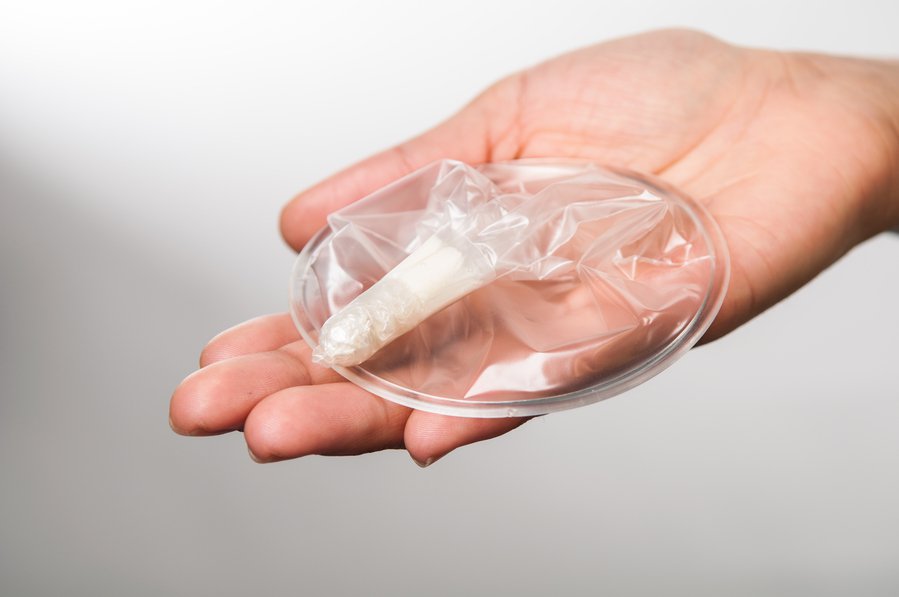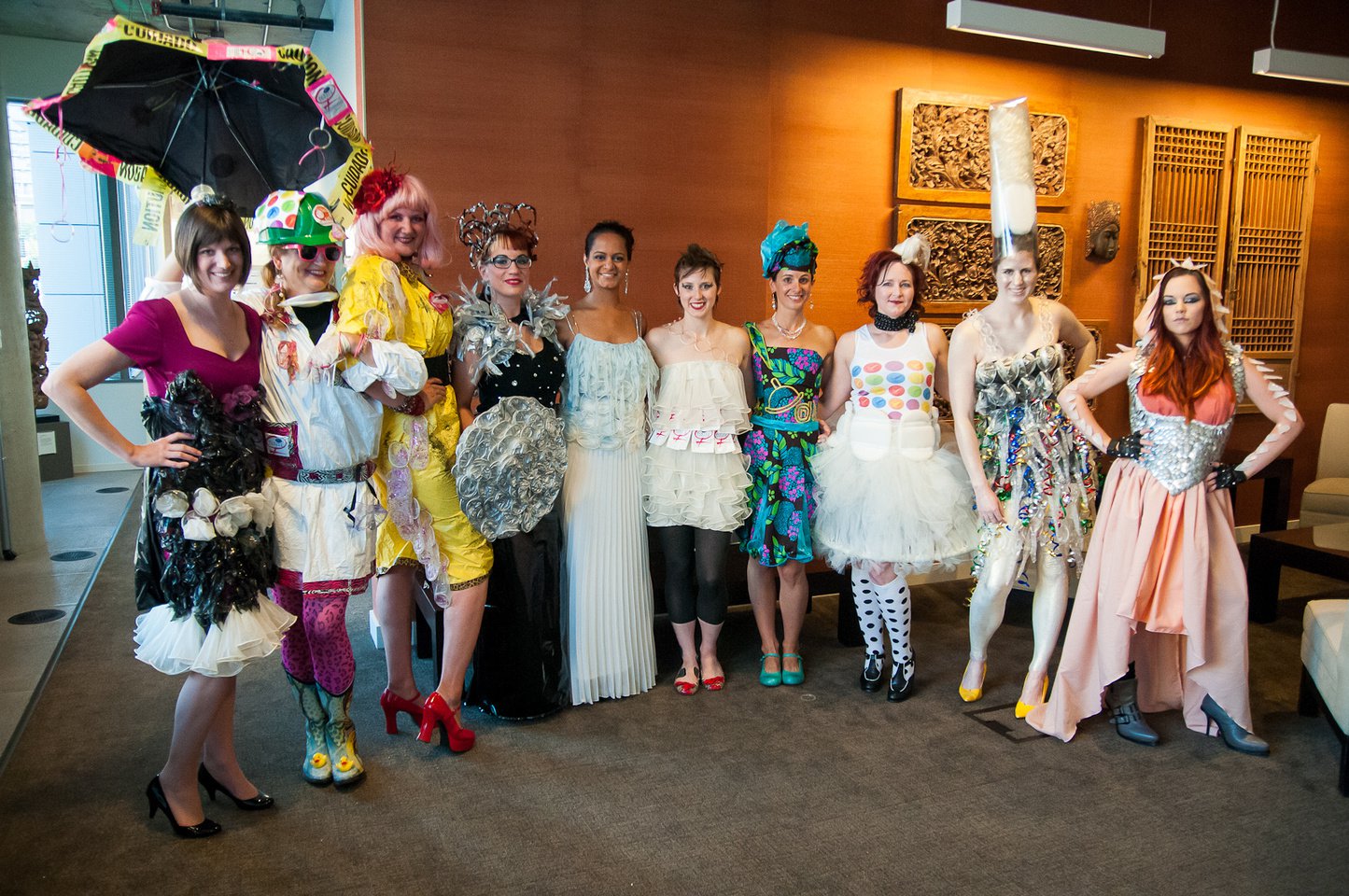Female condoms may be one of the best kept secrets in reproductive health. Even though the first female condom product was introduced about two decades ago, female condoms are still not well-known or widely available to most women and men worldwide. Use these seven secrets to increase your female condom knowledge and to advocate for improved access to this powerful tool for protection in your community.
1. The female condom has a unique place in the prevention toolkit.
The female condom is the only available woman-initiated method designed to provide “dual protection” from unintended pregnancy and sexually transmitted infections (STIs), and could go a long way in addressing unmet need among women.
An estimated 222 million women in developing countries want to prevent pregnancy but aren’t using contraception. Why? Fear of side effects or infrequent sex are two of the main concerns—both which could be addressed by female condoms because they don’t contain hormones and can be used only when needed. HIV is the leading cause of death and disability among women of reproductive age globally, underscoring the need for prevention tools designed with women’s realities in mind. Female condoms can put the power of protection in women’s hands right now.

A woman shows her support for the female condom at a Global Female Condom Day event. Photo: PATH/Scott Brown.
2. Men also favor the female condom.
It’s true that female condoms are designed for women to wear. But it takes two to tango, and research shows that men like female condoms. Female condoms aren’t tight on the penis, and they don’t inhibit or dull sensation like male condoms. Some men appreciate the opportunity to share responsibility for dual protection and not always have to be the person wearing the condom.

A peer educator with Pathfinder International/Mozambique discusses the benefits of female condoms with other young men. Photo: PATH.
3. The female condom can increase sexual pleasure.
One “sexier” secret about female condoms is that many women and men find that the product can enhance intimacy and pleasure. The female condom can be inserted prior to sex, so as not to “ruin the moment” to put on a condom. Some female condom products are made of heat-transmitting materials, which can feel more natural than latex condoms. And unlike male condoms, female condoms do not need to be removed immediately after sex so couples can stay in the moment together.
4. There are several different female condom products on the market.
There are many different types of female condoms that exist. Some are latex-free, and all are hormone-free. The most well-known female condom is the FC2®, which is available in more than 130 countries worldwide, including the United States. Other products are beginning to enter the market that are designed to improve acceptability and/or reduce costs. One example is the Woman’s Condom, a female condom developed by PATH, CONRAD, and local research partners through a user-centered process to be easy to use and comfortable to both partners.

PATH and our partners developed the Woman’s Condom, a second-generation female condom. Photo: PATH/Patrick McKern.
5. Female condoms can be a cost-effective form of protection.
Female condoms are often decribed as “expensive.” But as the saying goes, a pound of prevention is worth a lifetime of cure. In fact, female condoms are a cost-effective public health intervention when compared to the costs of HIV treatment. Mathematical models have shown substantial cost savings to the health sector in several countries including Brazil, South Africa, and the United States (Washington, D.C.). A recent analysis of the Woman’s Condom as a dual prevention method (family planning and HIV prevention) in 13 sub-Saharan African countries found the product to be very cost-effective in 11 countries and cost-effective in the other two.
6. When female condoms are added to male condom distribution, couples have more protected sex.
More types of condoms means more protected sex? You bet! Studies in several countries have found that levels of protected sex increase when female condoms are added to the method mix, potentially reducing the risk of HIV infection and unwanted pregnancies. When both types of condoms are available, consistent users often switch between female and male condom use—boosting the overall number of condoms used. But remember, never use a female and male condom at the same time because this can lead to one or both condoms breaking.

PATH held a Global Female Condom Day fashion show to bring attention to female condoms through lighthearted condom fashions. PATH/Danny Ngan.
7. There is an international day dedicated to the female condom.
To celebrate the female condom, PATH, the National Female Condom Coalition, the Universal Access to Female Condoms Joint Programme, and the Center for Health and Gender Equity launched Global Female Condom Day (GFCD) in 2012. GFCD is an annual day of education and advocacy recognized on September 16 to increase access, awareness, and use of female condoms. Since its inception, Global Female Condom Day has mobilized thousands of supporters across more than 50 countries. Raise your voice for female condom access and join our movement today!



